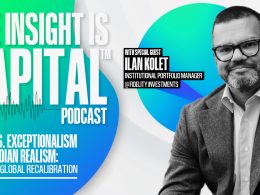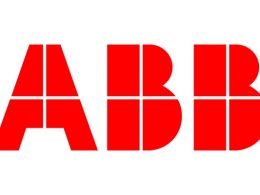by Greg Valliere, AGF Management Ltd.
WHILE WALKING IN DOWNTOWN WASHINGTON yesterday, we were startled to see “Help Wanted” signs in restaurant windows. From Taco Bell to high-end dining establishments, there’s an acute labor shortage.
THE SHORTAGE IS PARTLY A RESULT of the Covid aid bill that was enacted last month, which provided $300 weekly unemployment benefits until Sept. 6 — a disincentive, many experts believe, for people to return to work.
THERE ARE OTHER DISINCENTIVES: Fear of contracting Covid-19, a need for parents to stay at home with children who aren’t going to school, etc.
THERE’S ALSO A SHORTAGE OF SKILLED LABOR: It’s particularly acute in the construction industry, reducing homebuilding (along with a shortage of lumber and other key components). Housing inventory is low and demand is high, so obviously there’s a huge spike in home prices.
OTHER AREAS FACING AN ACUTE LABOR SHORTAGE: Teachers, truck drivers, accountants, nurses, etc. This shortage began well before the pandemic, but it’s now pervasive. PBS reported earlier this year that there’s a shortage of plumbers in Seattle, even though many make over $200,000 per year.
WITH OLDER WORKERS dropping out of the labor market, part of the solution seems to be more immigration. The Trump administration, which enjoyed a surging economy, restricted immigration, and the impact is being felt now.
THE COMPETITION FOR LABOR, skilled and unskilled, inevitably has forced employers to raise wages and benefits to attract — and retain — workers.
CAN BUSINESSES PASS ALONG THESE HIGHER WAGE COSTS? The answer appears to be yes — customers want to dine out and shop again. We had a $15 tuna sandwich last week in California, and the service was slow because the restaurant was under-staffed. Get used to it.
THE MARKET IMPLICATIONS: Higher food and fuel prices are transitory, but wage pressure can become intractable. The jobless rate is headed to 5% or lower by winter, which will force the Federal Reserve to weigh a tapering of its massive asset purchases. More Washington stimulus won’t be necessary with full employment.
* * * * *
WHITE HOUSE CAVES ON TAXES: Meeting with a bipartisan group of lawmakers yesterday, President Biden essentially told Republicans to “make us an offer” on infrastructure and taxes. Negotiations may drag on for months.
WE STILL ANTICIPATE A ROBUST PACKAGE of spending on highways, bridges, broadband, water, etc. But the tax portion is totally up for grabs, with opponents of major tax hikes now ascendant. The fall-back provision is to go easy on taxes and not pay for much of the infrastructure package.
FOR THE MARKETS, a threat of much higher corporate taxes is diminishing; a final deal later this year could be tolerable for business. But the prospect of huge new spending — without paying for much of it — will become a growing concern for the fixed income markets.














